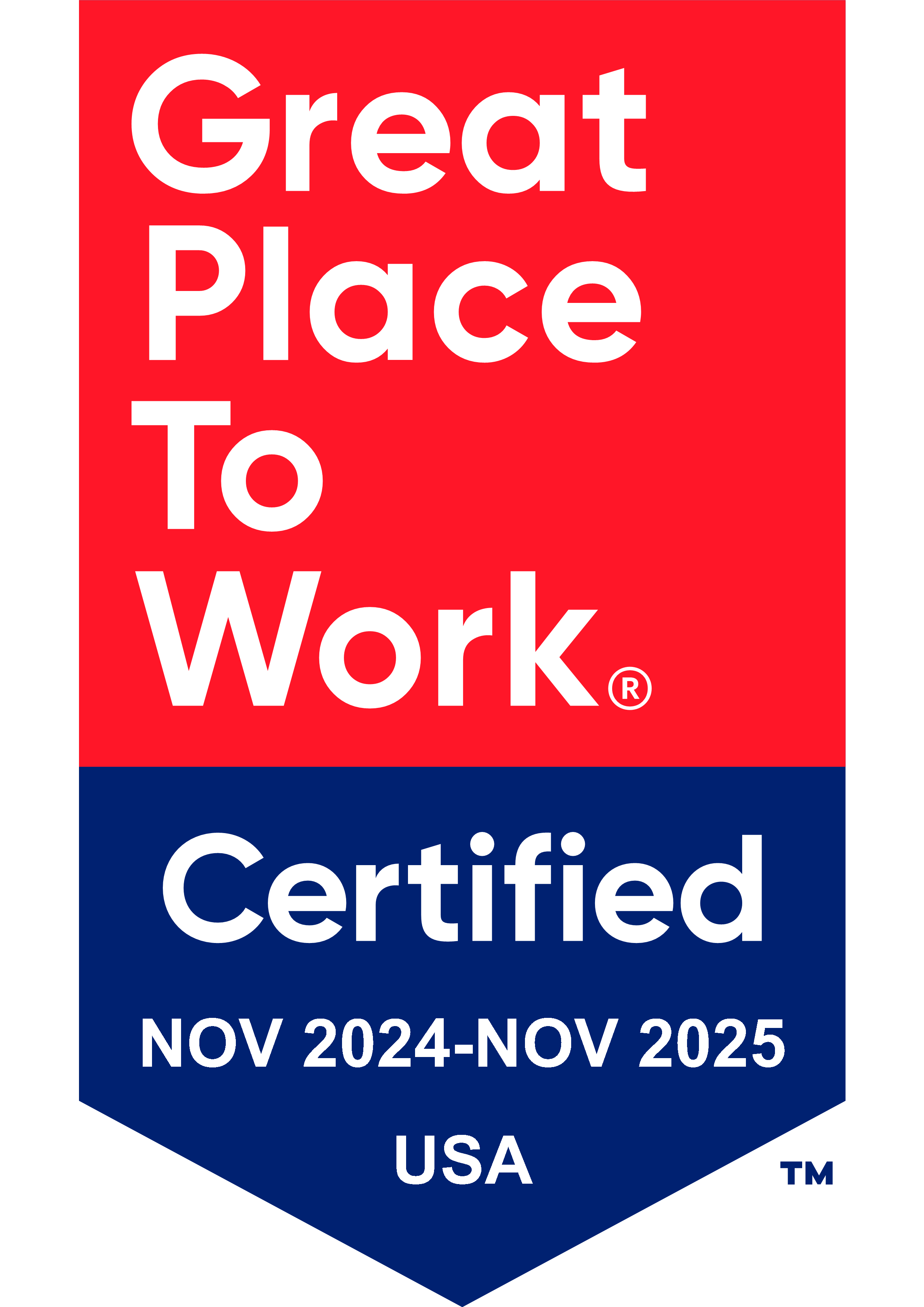Most conferences have a similar flavor to them: great talks, an opportunity to speak face-to-face with our valued customers, and take a glimpse at what our vendors are cooking in their labs. The 2024 Gartner conference in Orlando this March was no different. While I was curious to hear about best practices related to leveraging Generative AI, as a new director, I was also curious about various speakers would have to say about the timeless topics, namely essential strategies, how to mitigate risks, and how to effectively build a culture and enable strategies that take full advantage of data and analytics.
The Gartner conference traditionally targets Chief Data & Analytics Officers (CDAOs), and while I’m not a Chief of anything, I still often reflect on the best way to communicate with our customers and partners. Gareth Herschel, VP analyst at Gartner, presented 5 Techniques to Drive Pervasive D&A Use. His talk discussed how outcomes-based messages don’t drive adoption or usage. Why aren’t facts enough? Well, various studies have shown that bluntly stating facts is not persuasive. As much as I live in the realm of ROI, OKRs and KMRs, it’s usually empathy that drives trust with our customers. When I reflect on every successful project I’ve worked on, honest communication was always employed to understand a customer’s pain points. I’ve found that restating these pain points in my own words not only gains trust, but helps clarify strategy for the entire project.
As much as I enjoy speaking with customers and learning about their areas of expertise, time constraints and timelines mean I can’t monopolize all their time picking their brains at the expense of actually performing the work. The same can be said for defining and executing an AI strategy. While it’s important to develop a coherent AI strategy, it’s arguably more important to be able to implement and learn quickly. At least two talks that I attended included the phrase, “You won’t have 6-9 months to train a machine learning model anymore.” Distinguished VP analyst and Gartner Fellow Rita Sallam’s talk titled Build High-Business-Impact Habits of Top Data, Analytics and AI Leaders even went a step further in illustrating the importance of “audacious goals”: “The most successful organizations assess every 1-2 months.” The actual recommended number of months to adapt is debatable, but the larger point is to be aware that an organization’s competitors (or for our federal customers, adversaries, or law breakers) may already be leveraging AI at a much quicker pace.
It would be a mistake to interpret these lessons to only include technology and infrastructure – building and deploying successful analytics products typically also require a culture shift. Senior Director with Gartner’s Chief Data Officer Research Team Donna Medeiros’ talk titled Lessons from D&A Strategies: The Good, The Bad and The Ugly went as far as to say, “culture eats strategy for breakfast.” More broadly speaking, when developing and executing AI strategy, it’s almost never a straight-line path. That’s why I found the candid joint talk by Sallie Mae and Alation about the advancement of data culture through governance and leadership so refreshing. Sallie Mae’s Senior Director of Data Governance, Elizabeth Friend, described leveraging Alation to transform their culture from one where the answers to most data questions lived in peoples’ heads to one where most answers lived inside their data governance tool. However, they were quick to point out that greater adoption of analytics doesn’t work if the approach only involves purchasing a piece of technology. Indeed, initiatives like establishing vocabulary to better communicate objectives, educating data stewards and stakeholders, and creating metrics and journey maps to keep everyone in the organization appraised of progress are a sample of the “soft” recommendations that enabled change of a data culture. Hearing stories like these are a nice reminder that the value we bring to our federal customers must go beyond product installation and technical know-how but must also include a collaborative approach to affect cultural change.
As a certified 8(a) small business serving various federal agencies, we at Analytica are always trying to distinguish ourselves from our competitors. Thanks to my attendance at the informative 2024 Gartner conference, I was reminded that while any number of consultants can meet the minimum technical requirements for our customers, the companies that bring the soft skills necessary to deliver a successful project, from start to finish, matters most.
 Robert Gordon | 5/20/2024
Robert Gordon | 5/20/2024
